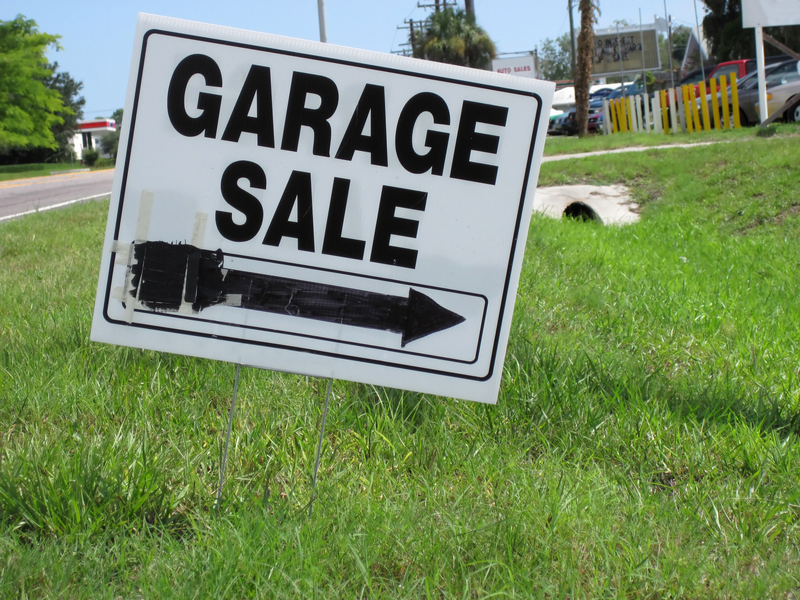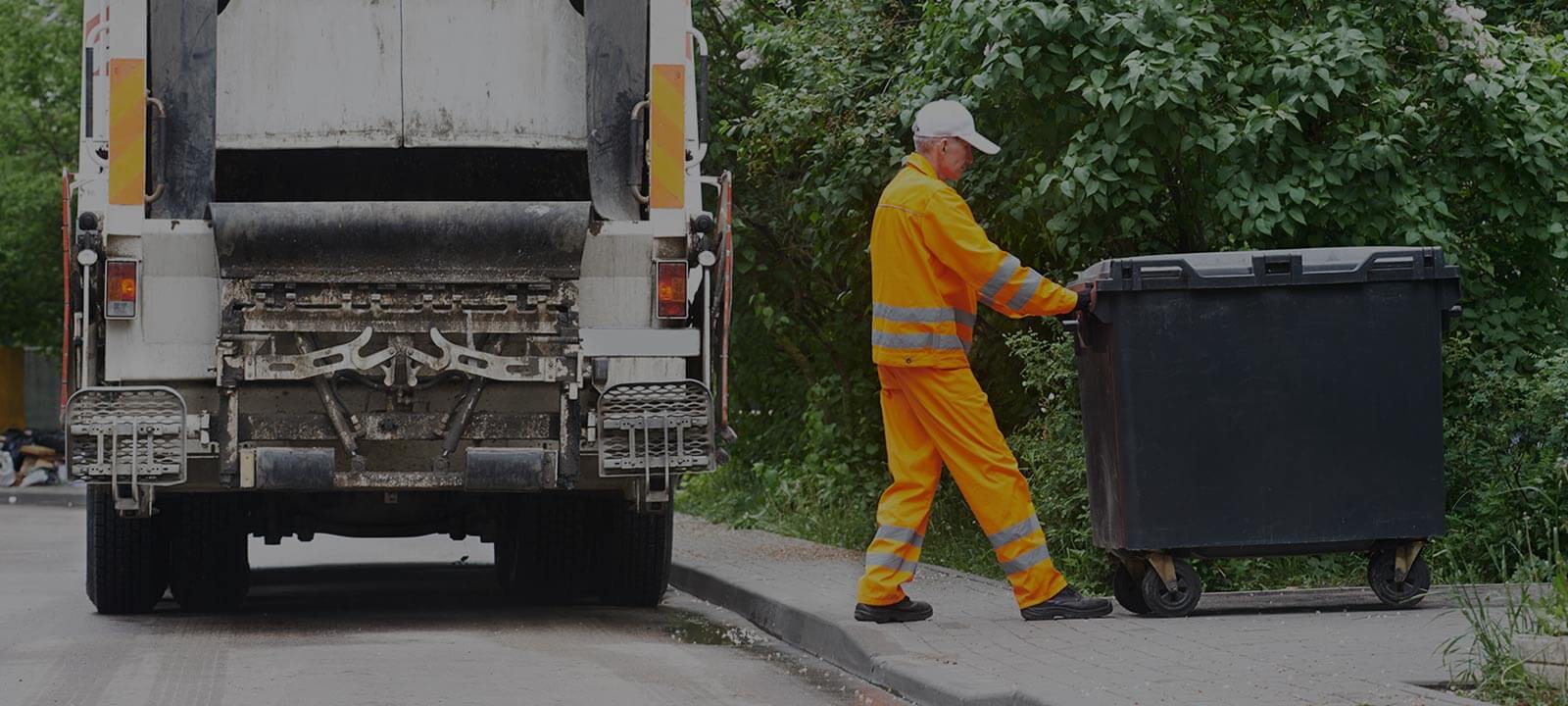Top Eco Substitutes for Common Plastic Items
Posted on 22/03/2025
As global awareness about environmental issues increases, one of the primary areas of concern has become plastic waste. Plastic pollution not only mars landscapes and water bodies but also poses significant threats to wildlife and human health. Fortunately, a variety of eco-friendly alternatives are now available that can effectively replace common plastic items. This article explores some of the best substitutes that can help you reduce your plastic footprint.
Reusable Shopping Bags
Plastic bags are one of the primary contributors to environmental degradation. They are light, durable, and rarely biodegradable. While they may seem convenient, their environmental cost is enormous. Fortunately, eco-friendly alternatives like reusable shopping bags have emerged as a significant solution.
Reusable shopping bags come in various materials such as cotton, jute, hemp, and recycled PET (made from recycled plastic bottles). These bags are not only stronger but can also be used multiple times, reducing the need for single-use plastic bags. Moreover, they often feature stylish designs, making them a fashionable accessory.

Biodegradable Straws
Plastic straws are another major upshot of single-use plastic that heavily pollutes our oceans. Every day, millions of straws are discarded, contributing to the already critical state of plastic pollution.
Biodegradable straws, made from materials like paper, bamboo, or metal, offer a sustainable alternative. Paper straws are composed of cellulose, bamboo straws are eco-friendly and reusable, and metal straws made from stainless steel can last for years. Each of these options has a significantly lower environmental impact compared to regular plastic straws.
Compostable Cutlery
Single-use cutlery is ubiquitous in take-out and fast food culture, yet these items are seldom recycled. Made primarily from plastic, they end up in landfills, where they take centuries to decompose.
To combat this, compostable cutlery made from materials like cornstarch, bamboo, and sugarcane have become popular. These alternatives are biodegradable, ensuring they break down naturally without leaving behind harmful residues. Additionally, some are even dishwasher safe, allowing for multiple uses before composting.
Eco-friendly Food Storage
Plastic containers are commonly used for food storage, but they pose several risks, including leaching chemicals into food. Opting for environmentally friendly alternatives not only mitigates these risks but also helps reduce plastic waste.
Alternatives include glass containers, stainless steel boxes, and silicone bags. Glass and stainless-steel containers are durable, non-toxic, and maintain the freshness of stored food. Silicone bags, on the other hand, are flexible, reusable, and ideal for various types of food storage requirements.
Bamboo Toothbrushes
Traditional plastic toothbrushes contribute significantly to plastic waste due to their frequent replacement cycle. Annually, billions of toothbrushes are disposed of, eventually ending up in landfills or oceans.
Bamboo toothbrushes offer a sustainable solution. Made from biodegradable bamboo, these toothbrushes are as effective as their plastic counterparts but have a much lower environmental footprint. The bristles are often made from nylon, but some brands offer fully compostable options.
Eco-friendly Packaging
Packaging waste is another significant contributor to the global plastic crisis. Most consumer goods come wrapped in excessive plastic materials, contributing to alarming levels of unnecessary waste.
Eco-friendly packaging options are emerging as preferable alternatives. Examples include biodegradable packing peanuts, recyclable cardboard, and corrugated bubble wrap. Additionally, companies are now exploring innovative materials like mushroom packaging and seaweed-based films, which are entirely compostable and have minimal environmental impact.
Reusable Water Bottles
Single-use plastic water bottles are another major concern for environmentalists. Not only are they wasteful, but they also require significant energy to produce and transport. A reusable water bottle can drastically reduce the need for plastic bottles.
Reusable options include stainless steel, glass, and BPA-free plastic bottles. These alternatives are not only eco-friendly but can also keep your drinks hotter or colder for a longer period. By investing in a reusable water bottle, you are making a long-term commitment to reducing plastic waste.
Beeswax Wraps
Plastic wraps are commonly used to keep food fresh but are challenging to recycle and often end up in landfills. Beeswax wraps serve as an excellent alternative, made from natural materials like cotton, beeswax, and tree resin.
Beeswax wraps are reusable, washable, and biodegradable. They can mold around any container or directly onto food items, providing a natural and sustainable way to maintain food freshness.
Eco-friendly Phone Cases
While often overlooked, phone cases contribute substantially to plastic pollution given the frequent replacement of phones. Traditional plastic phone cases can take centuries to decompose.
Eco-friendly phone cases made from materials like bamboo, cork, and recycled plastics offer a sustainable substitute. These cases are durable, stylish, and provide excellent protection for your devices without harming the environment.
Sustainable Cleaning Tools
Cleaning tools, such as brushes and sponges, often contain synthetic materials that contribute to plastic waste. Opting for sustainable cleaning options can make a significant difference.
For example, brushes made from bamboo and natural fibers are biodegradable and just as effective as their plastic counterparts. Sponges made from loofah plants or cellulose are also compostable and free from harmful synthetic compounds.
Eco-conscious Clothing
The fashion industry is another significant contributor to plastic pollution, particularly through synthetic fibers like polyester. Eco-conscious clothing made from natural or recycled fibers offers a strategy to mitigate this impact.
Materials such as organic cotton, hemp, and bamboo are more sustainable alternatives. Additionally, brands are increasingly employing recycled materials to create new garments, reducing the need for virgin synthetic fibers.

Reusable Coffee Cups
Disposable coffee cups often contain a plastic lining, making them difficult to recycle and contributing massively to plastic waste. Reusable coffee cups present an effective solution for avid coffee drinkers.
Available in materials like stainless steel, glass, and bamboo, these reusable cups are not only environmentally friendly but also maintain your beverage's temperature for longer periods. By switching to a reusable cup, you can significantly cut down on daily plastic waste.
Conclusion
The quest to reduce plastic pollution is a global responsibility that requires collective effort. By integrating these eco-friendly alternatives into your daily life, you can play a crucial role in tackling the plastic crisis. From reusable shopping bags to bamboo toothbrushes, each step taken toward sustainability counts. Embracing these changes not only benefits the environment but also promotes a healthier lifestyle. It's time to say goodbye to single-use plastics and welcome a greener, more sustainable future.
Latest Posts
Reusing for Resource Conservation
Industry applauds government's dedication to improving e-waste recycling practices






